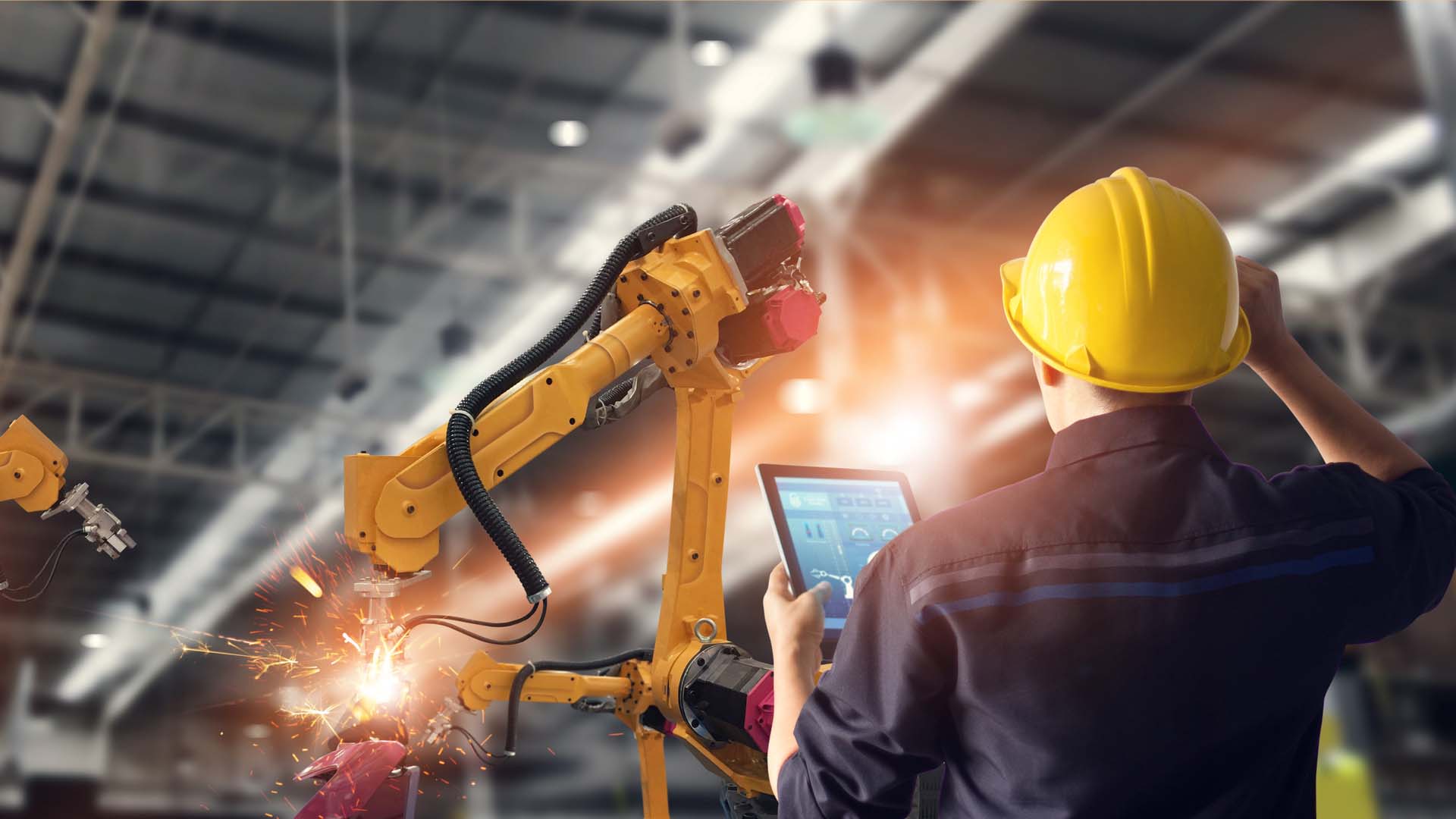How Industry 4.0 Improves Workforce Management
It is no secret that digital transformation is revolutionizing many industries, including manufacturing. The excitement surrounding the digitizing of manufacturing is that old workforce management processes can now be made more transparent with data and that data can guide practically every decision, large or small.
In Industry 4.0, the prescribed data guidance happens through a variety of advanced technologies, the Industrial Internet of Things (IIoT), artificial intelligence (AI) and machine learning (ML); and augmented reality (AR) are just a few — all of which work together to deliver a smart factory. These technologies also positively impact one of every factory’s most vital assets: its employees. Through rugged and mobile devices on the plant floor, workers can access insights from various technologies, illuminating the results.
Here’s what Industry 4.0 can do for your talent:




